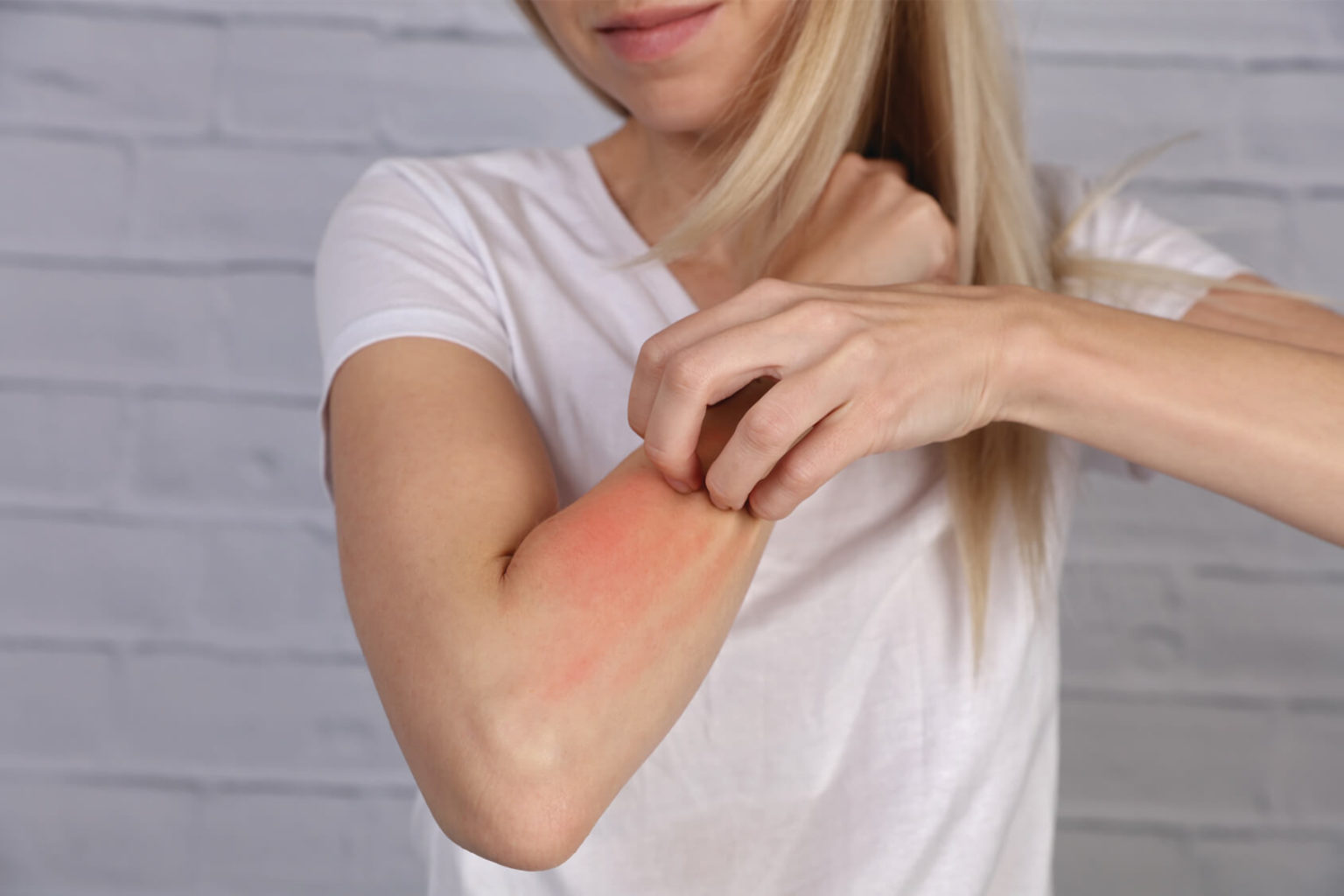Food allergies are immune system responses to certain foods that the body mistakenly identifies as harmful. One of the symptoms that can manifest as a result of this immune response is itching, which may occur on the skin, in the throat, or around the mouth. In some cases, this itching can be the precursor to more severe allergic reactions, such as anaphylaxis. Understanding which foods are likely to cause allergic reactions and recognizing the symptoms are crucial steps in managing and preventing allergic reactions. This guide delves into eight common foods that are known to cause allergic reactions, including itching.
Peanuts
Peanuts are among the most common allergy-causing foods and can lead to severe allergic reactions. Peanut allergies can cause symptoms such as itching in the throat and around the mouth soon after ingestion. In severe cases, this can lead to anaphylaxis, a potentially life-threatening condition that requires immediate medical attention.
Tree Nuts
Tree nuts include almonds, walnuts, hazelnuts, cashews, pistachios, and Brazil nuts, among others. Like peanuts, tree nuts are common allergens that can trigger allergic reactions. Individuals allergic to one type of tree nut may not necessarily be allergic to another, though caution is often advised.
Shellfish
Shellfish allergies are typically lifelong allergies. Shellfish are divided into two groups: crustaceans (like shrimp, crab, and lobster) and mollusks (such as clams, mussels, and oysters). Itching caused by shellfish allergies can manifest as hives or eczema and is often accompanied by gastrointestinal symptoms, respiratory issues, and, in severe cases, anaphylaxis.
Fish
Fish allergies can cause severe reactions, including itching, hives, and anaphylaxis. Individuals with a fish allergy are usually advised to avoid all fish species, as cross-contamination is common, and specific protein allergens present in one type of fish can often be found in others.
Eggs
An allergy to eggs is more common in children than adults, and symptoms can include skin reactions such as itching, respiratory problems, and gastrointestinal upset. Some individuals may only be allergic to egg whites, while others may react to both the yolk and the white.
Milk
Cow’s milk is a common allergen for infants and young children, though many outgrow this allergy by adulthood. Milk allergy symptoms can range from mild to severe and include itching, hives, and anaphylaxis. It’s important to distinguish between milk allergy and lactose intolerance, which does not involve the immune system.
Wheat
Wheat allergies can cause a reaction known as baker’s asthma, characterized by wheezing and itching, primarily in occupational settings. Symptoms can also include skin reactions and gastrointestinal discomfort. It’s crucial to differentiate between wheat allergy, celiac disease, and non-celiac gluten sensitivity.
Soy
Soy allergies are more common in children, with many outgrowing the allergy as they get older. Soy allergy can trigger itching, hives, and swelling in the mouth and throat, among other symptoms. Soy is present in many processed foods, making it essential for individuals with this allergy to read labels carefully.
Managing and Preventing Allergic Reactions
Avoid Known Allergens
The primary treatment for food allergies is to avoid the allergenic food. This requires reading food labels carefully and asking about ingredients when eating out.
Carry Emergency Medication
Individuals with severe allergies should carry epinephrine auto-injectors (such as EpiPens) at all times.
Wear Medical Identification
Wearing medical alert jewelry can provide crucial information in case of an emergency.
Consult with an Allergist
An allergist can provide diagnoses, management plans, and advice on avoiding allergens.
FAQs on Food Allergies and Itching
Can a food allergy cause itching without any visible rash?
Yes, itching can occur without a visible rash, especially oral itching soon after eating the allergenic food. However, visible skin reactions like hives or eczema are more common.
How quickly after eating an allergenic food can itching start?
Symptoms can start within minutes to a couple of hours after eating the offending food. Itching, particularly around the mouth or throat, is often one of the first signs of a reaction.
Can cooking destroy food allergens?
While cooking can alter the structure of some allergens, it does not eliminate them. People with food allergies should avoid the allergenic food in all forms.
Are there any treatments for food allergies?
The primary treatment is strict avoidance of the allergenic food. In some cases, doctors may recommend oral immunotherapy (OIT), which involves administering small, increasing amounts of the allergen to build up tolerance.
How do I know if my child is allergic to a food?
Symptoms can include itching, hives, swelling, gastrointestinal distress, respiratory issues, and anaphylaxis. If you suspect a food allergy, consult with an allergist for testing and diagnosis.
Can food allergies develop later in life?
Yes, while food allergies are more common in children, they can develop at any age.
Is it possible to outgrow a food allergy?
Many children outgrow allergies to milk, eggs, soy, and wheat. Peanut, tree nut, fish, and shellfish allergies are less commonly outgrown.
In conclusion
understanding the foods that can cause allergic reactions, including itching, is essential for managing and preventing these reactions. By avoiding known allergens, being prepared for accidental exposure, and consulting with healthcare professionals, individuals with food allergies can lead safe and healthy lives.
- How To Talk Dirty To A Guy – With 19 Examples - May 25, 2025
- Tear Trough Filler – Under Eye Filler Near Oxshott, Surrey - May 25, 2025
- Ballad Quotes: Romantic And Melodic Sayings About Ballads And Storytelling - May 25, 2025




